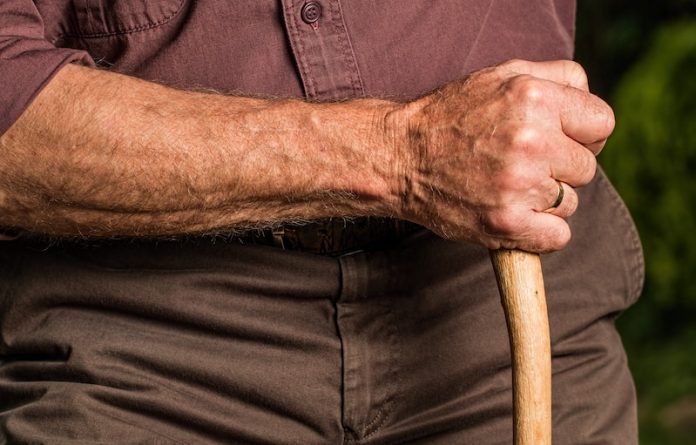
Parkinson’s disease is notoriously difficult to diagnose as it relies primarily on the appearance of motor symptoms such as tremors, stiffness, and slowness, but these symptoms often appear several years after the disease onset.
Scientists from MIT Jameel Clinic have developed an artificial intelligence model that can detect Parkinson’s just by reading a person’s breathing patterns.
The tool in question is a neural network, a series of connected algorithms that mimic the way a human brain works, capable of assessing whether someone has Parkinson’s from their nocturnal breathing—i.e., breathing patterns that occur while sleeping.
The neural network is also able to discern the severity of someone’s Parkinson’s disease and track the progression of their disease over time.
In the study, the researchers demonstrated that the artificial intelligence assessment of Parkinson’s can be done every night at home while the person is asleep and without touching their body.
To do so, the team developed a device with the appearance of a home Wi-Fi router, but instead of providing internet access, the device emits radio signals, analyzes their reflections off the surrounding environment, and extracts the subject’s breathing patterns without any bodily contact.
The breathing signal is then fed to the neural network to assess Parkinson’s in a passive manner, and there is zero effort needed from the patient and caregiver.
The fastest-growing neurological disease in the world, Parkinson’s is the second-most common neurological disorder, after Alzheimer’s disease.
In the United States alone, it afflicts over 1 million people and has an annual economic burden of $51.9 billion. The research team’s device was tested on 7,687 individuals, including 757 Parkinson’s patients.
The study has important implications for Parkinson’s drug development and clinical care.
In terms of drug development, the results can enable clinical trials with a significantly shorter duration and fewer participants, ultimately accelerating the development of new therapies.
If you care about Parkinson’s disease, please read studies about a new early sign of Parkinson’s disease, and why exercise may help treat Parkinson’s disease
For more information about Parkinson’s disease, please see recent studies about berries that may reverse Parkinson’s disease and results showing common high blood pressure drugs may prevent Parkinson’s and dementia.
The research was published in Nature Medicine and conducted by Dina Katabi et al.
Copyright © 2022 Knowridge Science Report. All rights reserved.



